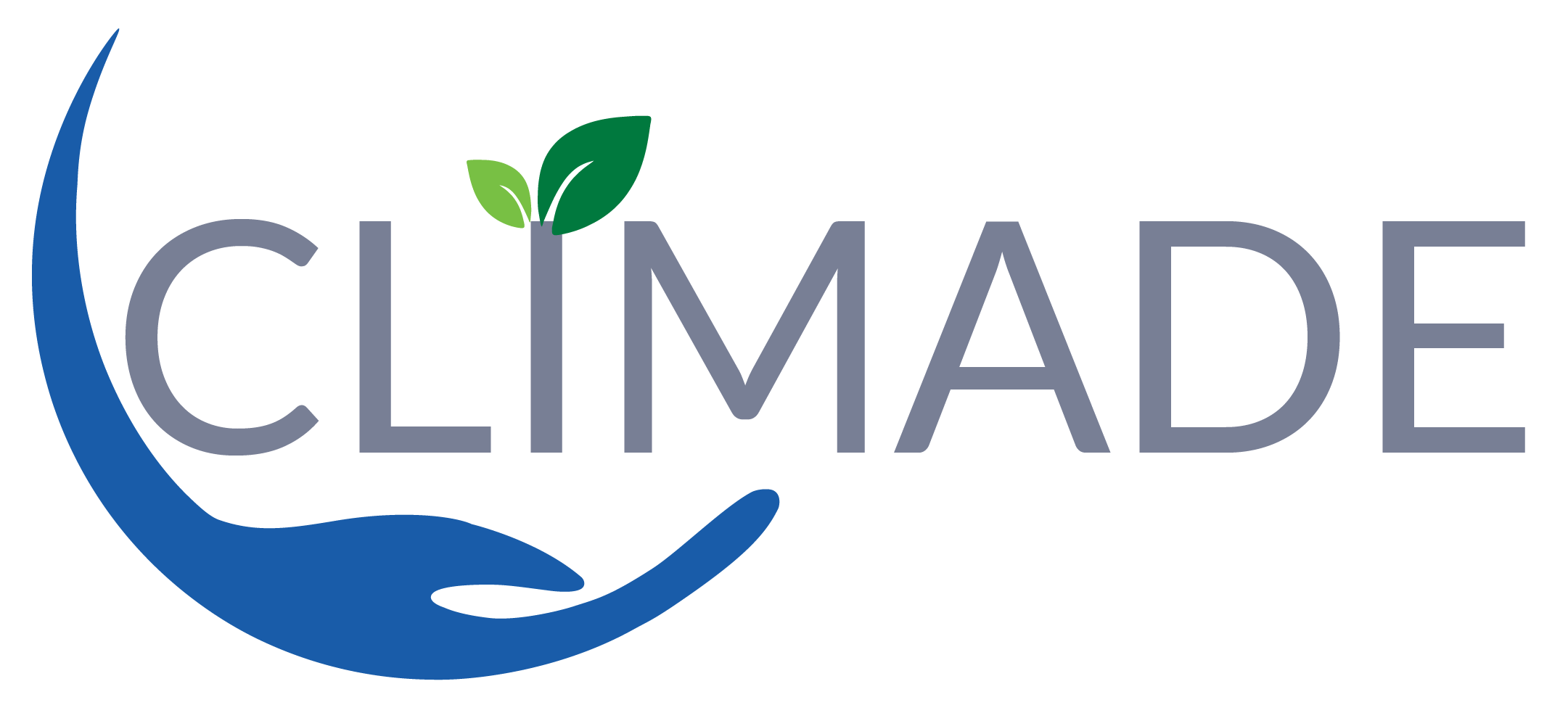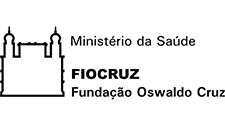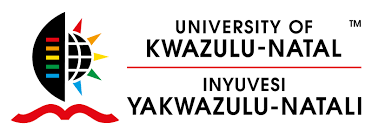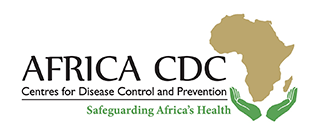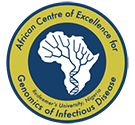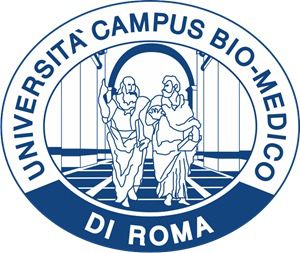
Climate Amplified Diseases and Epidemics (CLIMADE): A global consortium led by the global south to study and respond to Climate Amplified Diseases and Epidemics.
CLIMADE (Climate Amplified Diseases & Epidemics), a consortium of leading global scientists focused on bridging knowledge gaps, improving surveillance tools and expanding adequate interventions to decrease the impact of climate amplified diseases and epidemics.
The overarching long-term goal of CLIMADE is to predict, track and control diseases and epidemics that are amplified by human-caused climate change in the most affected countries in the world. CLIMADE will leverage the medical, scientific, and public health experience of epidemiology, ecology and evolution in the global south to establish a robust disease surveillance system, with which to quickly identify pathogens and track their evolution and spread, to control outbreaks before they become epidemics and epidemics before they become pandemics.
The CLIMADE consortium brings together partners in the globe that have long term experience working with climate amplified epidemics and pathogens’ genomics. Partners include public health agencies, academic organizations, and industry. The CLIMADE consortium is led by Prof. Tulio de Oliveira, from the Centre for Epidemic Response and Innovation (CERI) in South Africa, Prof. Luiz Carlos Alcantara, from the Fundação Osvaldo Cruz (FIOCRUZ) in Brazil and Prof. Edward C Holmes (Univ Sydney) in Australia. Together, with an stirring committee, they lead the implementation of the global consortium.
Together, with key public health agencies, such as the Africa CDC and the WHO/PAHO, we bring decades of experience in genomics surveillance and epidemic response and managed to assemble a world leading team of academic and industrial experts with the support from public health institutes and initial funding to start developing the global network.
services
Our philosophy
To use the medical, scientific, and public health experience of epidemics in the global south to help the world to create a robust surveillance system to quickly identify pathogens and track their evolution and spread to control outbreaks before they become epidemics and epidemics before they become pandemics
- Robust surveillance system
- Quickly identify pathogens and track their evolution
To develop tools to predict, track and control diseases and epidemics in the most affected countries in the world. To use this data to prevent new epidemics and pandemics that can be amplified by climate change
- Tools to predict and track diseases and pathogens
- Control and prevent epidemics and pandemics
A recent systematic review found that more than half of known infectious diseases will be aggravated by climate hazards, the majority of which are vector borne.
- Ethical & Impactful Work
- Collaboration & Inclusiveness
- Healthcare & Life Sciences
IMPORTANT MILESTONES
What we
accomplished
services
Our philosophy
To use the medical, scientific, and public health experience of epidemics in the global south to help the world to create a robust surveillance system to quickly identify pathogens and track their evolution and spread to control outbreaks before they become epidemics and epidemics before they become pandemics
- Robust surveillance system
- Quickly identify pathogens and track their evolution
To develop tools to predict, track and control diseases and epidemics in the most affected countries in the world. To use this data to prevent new epidemics and pandemics that can be amplified by climate change
- Tools to predict and track diseases and pathogens
- Control and prevent epidemics and pandemics
A recent systematic review found that more than half of known infectious diseases will be aggravated by climate hazards, the majority of which are vector borne.
- Ethical & Impactful Work
- Collaboration & Inclusiveness
- Healthcare & Life Sciences
IMPORTANT MILESTONES
What we
accomplished
TEAM
steering committe
The CLIMADE consortium brings together partners from across the globe that have long-term experience working with climate amplified epidemics and pathogen genomics. Partners include public health agencies, academic organizations, and industry.
Prof Tulio de Oliveira
South Africa/Brazil
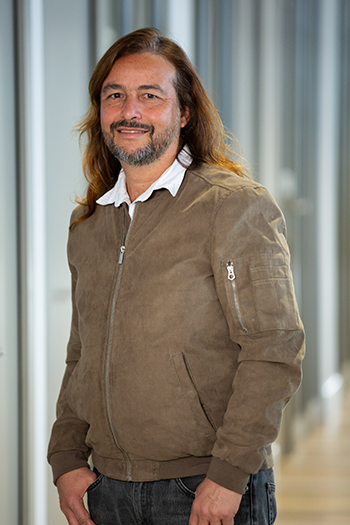
Dr Cheryl Baxter
South Africa
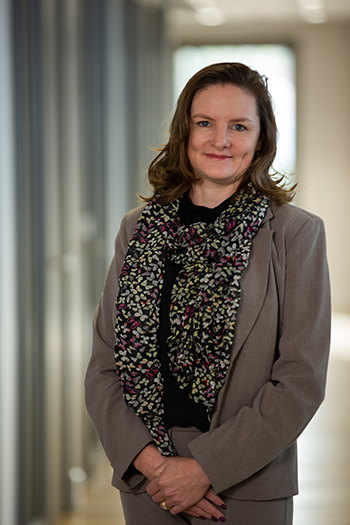
Dr Houryiiah Tegally
South Africa/Mauritius

Dr Monika Moir
South Africa
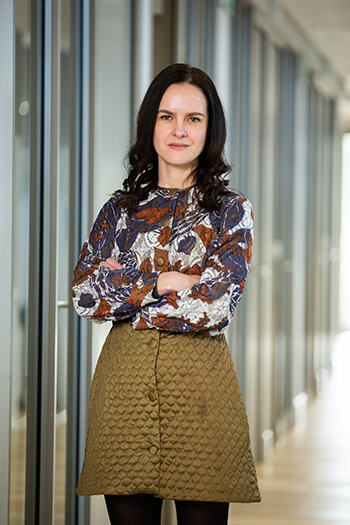
Prof Edward C Holmes
Australia/U.K.

Dr Tanya Golubchik
Australia
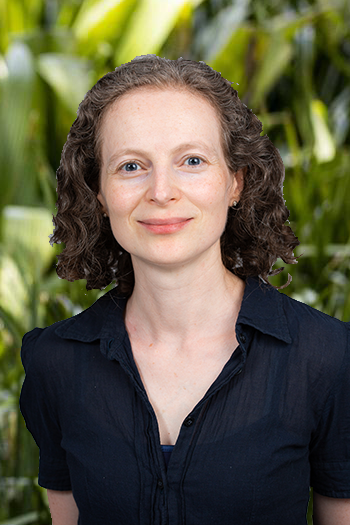
Dr Samuel Oyola
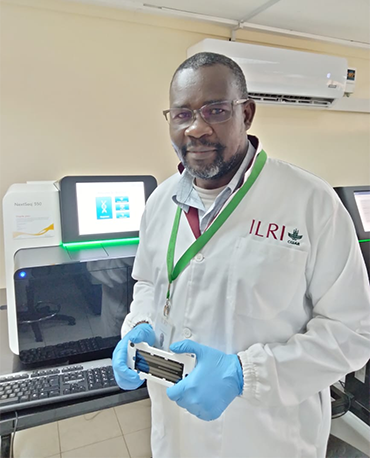
Dr Vagner Fonseca
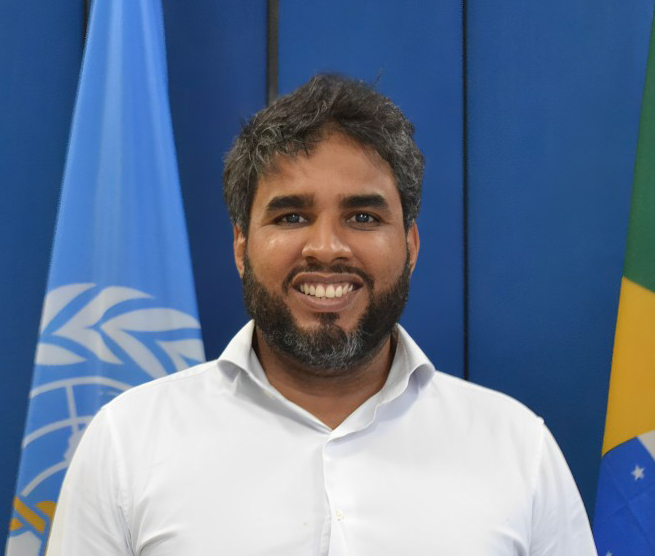
Dr Marta Giovanetti
Fiocruz Foundation/Brazil

Dr José Lourenço
Portugal

Prof Frank Tanser
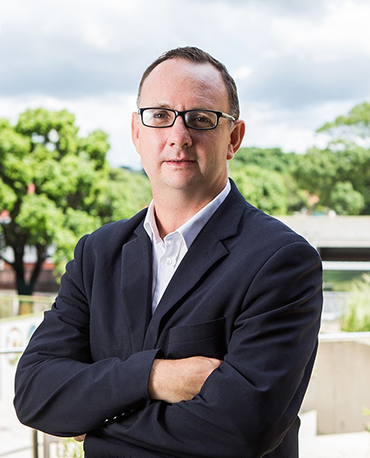
Prof. Luiz Alcantara
Brazil
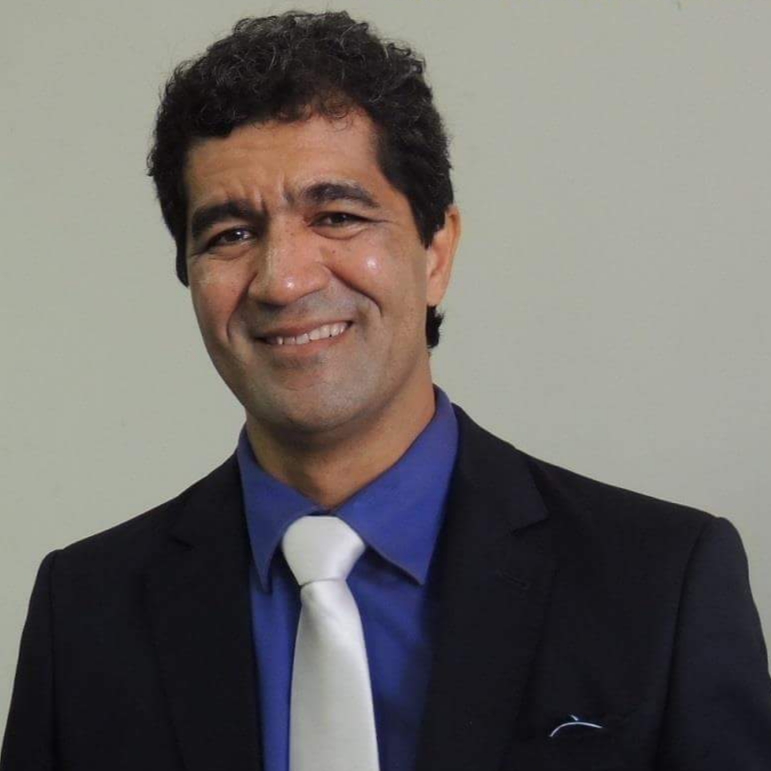
CLIMADE Collaborators that contributed to the COP28 report:
